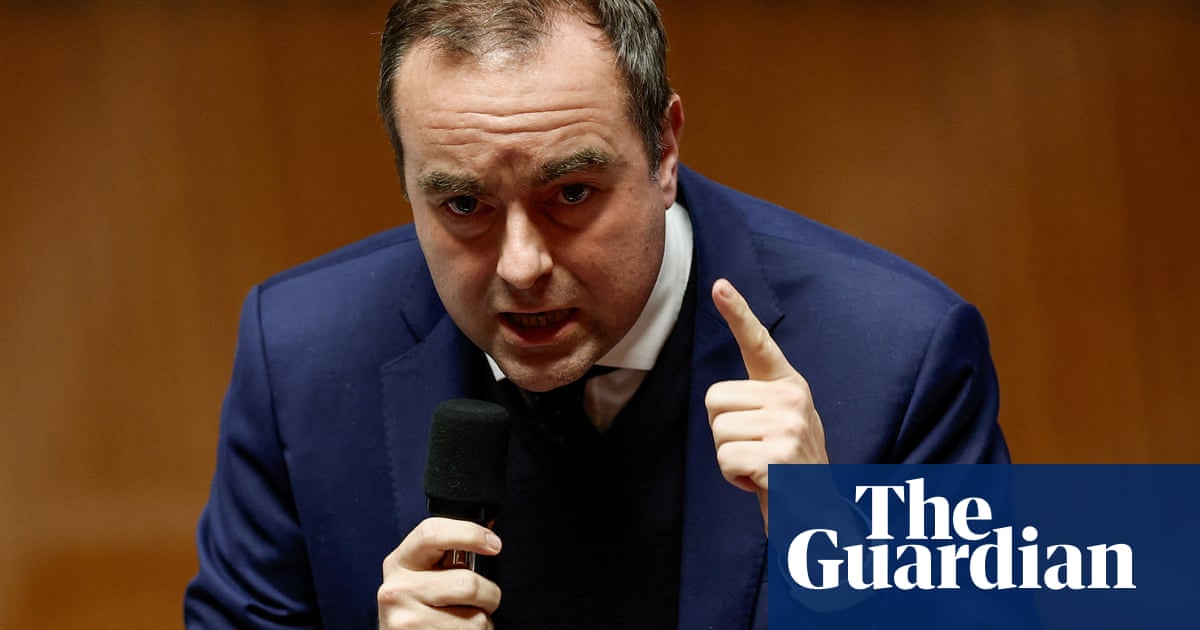Rumours about what Rachel Reeves may, or may not, do to pensions in the budget continue to swirl.
One much-debated possible change – cutting the amount of tax-free cash that people can take from their pensions – is said by some to be off the table, but reports have emerged that the chancellor has “salary sacrifice” pension schemes in her sights.
What is salary sacrifice?
Salary sacrifice has long been associated with initiatives such as the government-backed cycle-to-work scheme (also said to be in the chancellor’s mind). However, a growing number of companies are offering pension salary sacrifice as a perk, and it can be a very tax-efficient way of saving into your workplace scheme.
It involves an employee agreeing to give up some of their salary and move the amount they would otherwise receive into a benefit that’s “non-cash” based – in this case, extra employer contributions into their pension pot.
These schemes can run alongside conventional workplace pension contributions – if your employer lets you make “additional voluntary contributions” this might be through salary sacrifice.
The money you sacrifice comes out of your gross pay – the salary before income tax and national insurance (NI) are taken off – so it costs less to make a contribution than if it was done out of taxed income.
By reducing your salary you also reduce how much you pay in NI. This means that your take home pay could be higher than if you paid the same sum into your pension through a traditional arrangement.
Reducing your taxed earnings can have another advantage – if you are a parent and earn more than £60,000 you could divert money into your pension and keep more of any child benefit you claim.
The schemes also benefit employers, as they do not have to pay employee NI on the money sacrificed. Some will pay part, or all, of their NI saving into the worker’s pension as well, thereby further boosting their pot.
What is being considered?
Amid suggestions that lots of higher earners are maxing out this perk, the government is reportedly looking to restrict the tax benefits offered by these schemes.
“Rather than an all-out ban on using salary sacrifice, one option on the table is a £2,000 cap on the amount of earnings that can be exchanged for pension contributions that benefit from a national insurance exemption,” says Charlene Young at the investment platform AJ Bell.
What would the impact be?
Introducing that cap could reportedly raise up to £2bn a year, but at a cost to employees and companies. AJ Bell says someone earning £55,000 a year who contributes 10% (£5,500) into their pension through salary sacrifice would have their take-home pay cut by £188 a year and their employer would pay an extra £525 in NI. If salary sacrifice was removed as an option, the figures would rise to £441 and £825 respectively.
Pension experts have warned that cutting the incentives to save will be counterproductive at a time when there are concerns about the adequacy of people’s retirement planning.
On Thursday, the chief executive of Aviva, Amanda Blanc, told the Times: “What you’re effectively doing is penalising those employers that actually contribute more to employees’ pensions.
“But you’re also saying to people who save for their pension that perhaps they shouldn’t do it, and I think that’s bad news long-term for the UK if you think about the fact that 15 million people in the UK are not saving enough.”
Is pension tax-free cash safe?
Currently, from the age of 55 (57 from April 2028) you can usually take up to 25% of your pension as a tax-free lump sum, up to a limit of £268,275.
Spool back a few weeks and there was fevered speculation that Reeves may look to slash this limit. However, during the last few days, reports have emerged claiming the Treasury has – for now – ruled out such a move.
Helen Morrissey, of the investment platform Hargreaves Lansdown, says: “Restrictions to tax-free cash are reported to be firmly off the table. It’s a move that will be greeted with a huge sigh of relief from people who have worked hard to build up a decent retirement income and were concerned about the looming loss of a valuable benefit.”
What about pension tax relief?
In simple terms, when someone pays into a pension, the government usually adds a top-up payment called tax relief. It means their savings are usually boosted by 20% or more, depending on their rate of income tax – so people who pay tax at 40% or 45% get extra relief (different rates apply in Scotland). As a result, this is a hugely valuable tax break, and a big part of why saving into a pension is usually seen as a very good thing for people to do.
Pretty much every year there are rumours that the government is going to clamp down on pension tax relief with the aim of making the system less generous to better-off earners. That is no surprise when you consider that – depending on whose numbers you believe – tax relief on pension contributions costs the government anything from £50bn to more than £60bn a year.
At the time of writing, cutting/redistributing pension tax relief is not viewed as a frontrunner for this month’s budget.

 2 months ago
84
2 months ago
84

















































